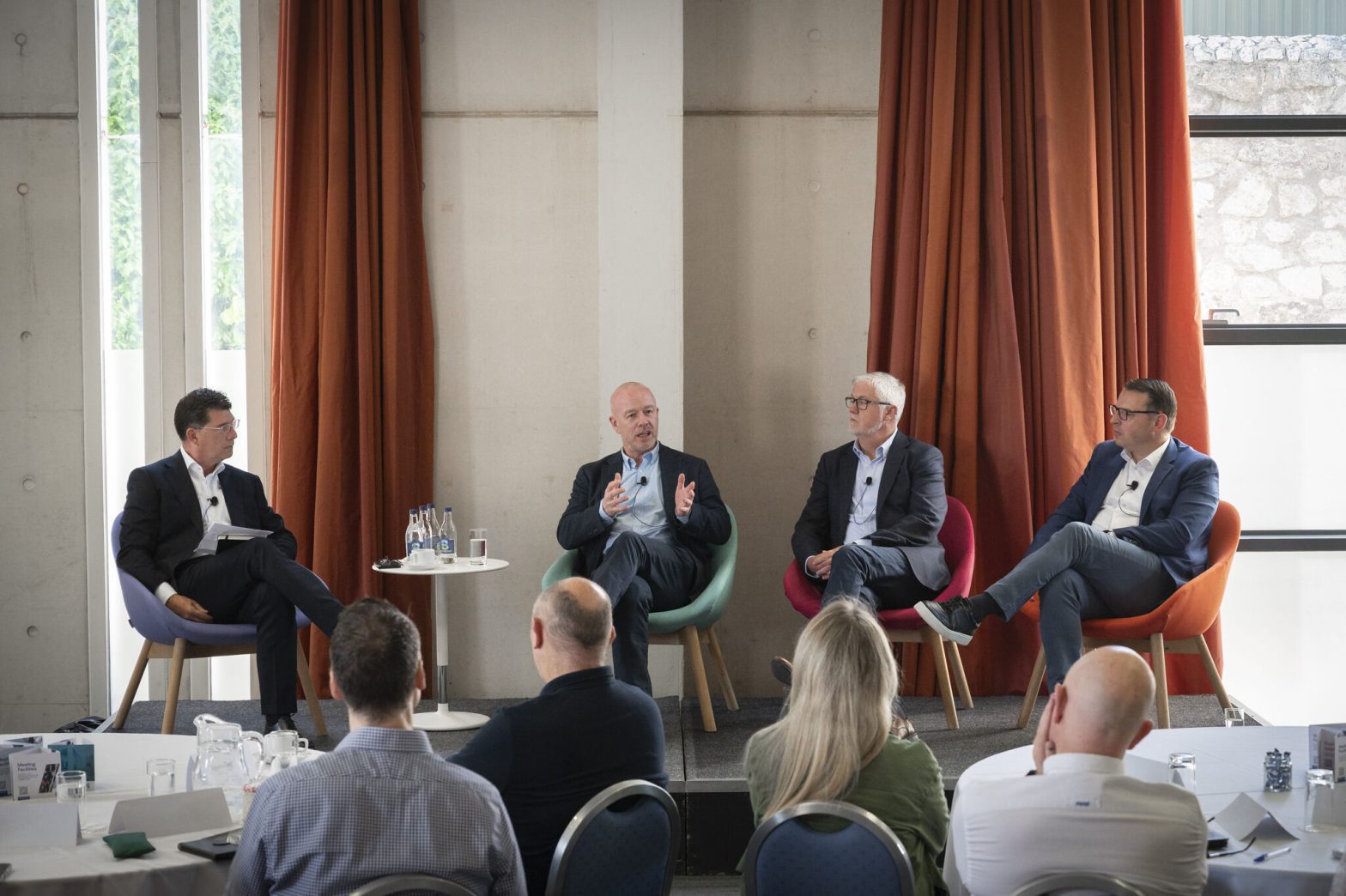Five Principles to Make the Workplace an Experience
By Kevin Mulcahy | 20th February 2017
If we spend so much of our life at work, doesn’t it make sense to provide a better workplace experience for our talent?
As the philosopher Thomas Hobbes points out, life can be solitary, brutish, nasty, and short. If we spend so much of our life at work, doesn’t it make sense to provide a better workplace experience for our talent? Designing a more compelling workplace experience requires a multifunctional perspective. This is not simply an initiative to tweak some HR practices. Rather it is one that is woven into the overall approach to the business of the employment of others. The essence is to integrate five key elements of work—the emotional, intellectual, physical, technological, and cultural—into one seamless experience for our employees. When this happens, a more compelling workplace experience can positively impact employee engagement and business outcomes.

1-Build More Emotional Connection:
At the heart of the increased interest in designing compelling employee experiences is the recognition that creating an emotional connection is what will ultimately drive the greatest levels of engagement. Communicating a sense of purpose is at the forefront of the minds of business leaders today. What are we doing as an employer to promote pride in our craft and celebrate the outputs of the craft? As business leaders, to help our employees connect more emotionally, consider taking more time to admire the work itself, and not just the margins from work.
2-Improve the Intellectual Experience:
If we care about increasing employee engagement levels, then consider how to re-imagine and rethink our employee’s learning and development in our field. Yes, there are courses that employees can take, but how do we motivate employees to take the time to share with each other? How do we create more time to invite practitioners or subject matter experts from adjacent disciplines to share their pride and technique for their work with our employees?
3-Enhance the Physical Experience:
Today, top talent with in-demand skills have more choices in where they chose to work. Overall, workspaces becoming healthier and designed to enhance the quality of working life. Employees seek more choice in how, when and where to work. Consider asking employees where they go to do their best work? Where do they go just to get the job done? Where do they avoid meeting? Where do they recharge? Rethink your use of space accordingly.
4-Upgrade the Technological Experience:
As consumer technologies move inside the workplace, they significantly impact the employees’ overall workplace experience. Employees expect technologies to work. Evaluate what technology is not working at your workplace? What can we do to eliminate that source of aggravation with technology?
5– Promote the Culture Experience:
How does our company culture play into improving our employment practices? Culture often gets described as the tribal behaviours of a group, the shared values, the “way that we do things around here.” Larger organisations tend to have a well-documented and visible set of values. Our research indicates that winning organisations are consistently less tolerant of behaviours that do not reflect the stated company culture. Company culture is often shaped more by the worst behaviour that the business leader is willing to tolerate. As a management team, consider reflecting on what behaviours are we trying to promote? What poor behaviours are we tolerating? The difference is our culture gap. What will we do in 2017 to close that gap?
Taken together, addressing these five key elements of work—the emotional, the intellectual, the physical, the technological, and the cultural will help you make your workplace a better experience. Better experiences at work tap the engagement potential of any company’s workforce, whether you are a global corporation or a small growth oriented business!
Kevin Mulcahy is an IMI associate who recently spoke at the IMI Talent Forum. He coaches on leadership effectiveness at the Harvard Business School and is an adjunct faculty member at Babson College. He is a partner at Future Workplace and a co-host of The Future Workplace Network.
Find out more about 2017 Corporate membership here




